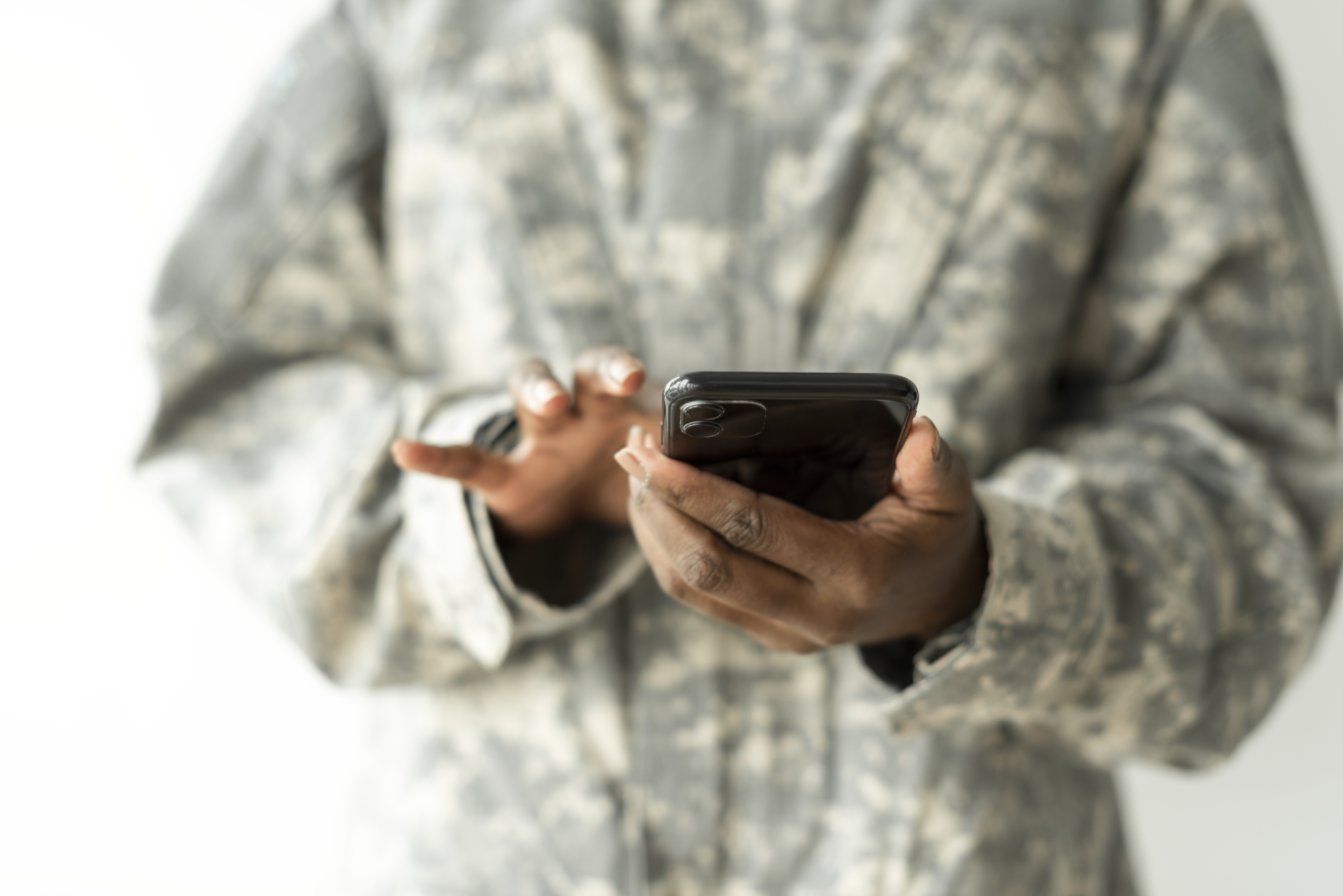A Day in the Life of a Veteran: Honoring Service Through Daily Routine

Table of Content
- Introduction
- A Veteran’s Daily Routine
- Morning: Starting with Purpose
- Midday: Focus on Professional and Community Engagement
- Evening: Relaxation and Reconnection
- Night: Rest and Recovery
- Pros and Cons of Veterans’ Daily Routines
- Challenges and Resilience
- Benefits of Structured Routines for Veterans
- Conclusion
- Frequently Asked Questions (FAQs)
Summary
Such features as their adherence to timetables and routines as well as the types of activities they engage in are illustrated in this veterans’ blog. It describes how it is to live normal life, pros and cons that are experienced by veterans. Daily functions help former warriors to maintain recognition of the service while transition to new roles. It also gives information about their state of health and emotional developments.
Introduction
Service is in the best interest of Veterans and it takes up most of a Veteran’s time. When they finish their service, their schedule realigns but discipline becomes a key part of their everyday life most of the time. Routines by which veterans demonstrate their honorable discharge also have a major role to play in the creation of meaningful lives. This blog discusses their schedule, benefits, and some difficulties which can be met by veterans.
A Veteran’s Daily Routine
Many veterans maintain disciplined schedules:
- Morning: Starting with Purpose
Basically, a veteran’s day starts with waking up early, as many soldiers do, because of their previous military routine. Some begin with exercise including running, yoga, lifting weight, this not only keep them fit but also help in overcoming emotional problems. Stress management and goal setting: Daily morning stress busters such as Meditation and journaling may be used by many in the morning. Another critical activity they perform on a daily basis is breakfast since nutrition is well known to be critical in everyone’s health.
- Midday: Focus on Professional and Community Engagement
It is usually taken up by work or other business for the rest of the day. Some juniors, for example, employ, volunteer, or go to school in order to have goals in life. Regardless the fact whether they have a regular civilian job or are participating in business for themselves, or are involved in charitable organizations, their actions tend to reveal them as those who want to make a difference. This part of their day can be spent developing other more personal and/or professional gains in addition to feel utilitarian and meaningful.
- Evening: Relaxation and Reconnection
Evenings are normally the best part of the day often associated with recreation, leisure activities and definitions of home. Clients appreciate an occasion to cuddle with their significant others or children or even get some art work, reading, cooking or knitting. These moments give play to their day and feel happy and well done. While some engage in veterans’ association meetings or support group meetings, this is also an important part of other peoples’ schedules.
- Night: Rest and Recovery
This structure detects that these activities form a structure in that a structured bedtime enhances rest and recoveries. Sleep is important to veterans to reduce the effects of different and complex health implications to the body, mind and spirit. Stability also reduces difficulties in areas like stress or PTSD, which many people among the former face.
Pros and Cons of Veterans’ Daily Routines
|
Pros |
Cons |
|
Builds productivity and focus |
Can feel restrictive for some |
|
Improves health and stamina |
Risk of overexertion |
|
Strengthens social bonds |
May feel overwhelming at times |
|
Supports personal and professional growth |
Adjusting to civilian roles takes effort |
|
Reduces stress through structure |
Requires consistency to sustain benefits |
Challenges and Resilience
Though these routines are instant and serve a purpose, there are complications with them. Post-traumatic stress disorder as well as other mental disorders may prove to be a problem for veterans as they challenge themselves for an appropriate social role apart from being in the military. But their daily routine is orderly; thus, it becomes the basis for eliminating such difficulties at times.
Benefits of Structured Routines for Veterans
- Improved Mental Health: Routines reduce stress and anxiety.
- Physical Fitness: Daily exercise promotes well-being.
- Community Engagement: Veterans often volunteer, staying connected.
- Career Growth: A schedule helps them excel in new roles.
Despite these benefits, challenges like adjusting to civilian life or managing PTSD can arise.
Conclusion
Humble they may be, the lifestyle the story depicts of a veteran proves their strength and stability. Through the changes or continuing exercising such habits that respect their service while at the same time embracing other opportunities of life, they illustrate how discipline when does pay with respect to purpose and balance in life. Their routines do not only help them, but also those people around; it proves that such things as service, commitment and personal development are still valuable.
FAQs
Why are routines important for veterans?
The importance of routines is root2ed in the fact that they offer stability, decrease stress and are a timely schedule.
How do veterans stay active?
Veterans have a normal schedule exercise routine or hobbies or they even go for volunteering work.
What challenges do veterans face in civilian life?
New roles, PTSD and purpose, are a few issues faced while others are managing their new roles, dealing with PTSD, and searching for a purpose.
Can veterans benefit from therapy?
Yes, and therapy plays an important role in helping the veterans dealing with the mental problems and their integration into society.

